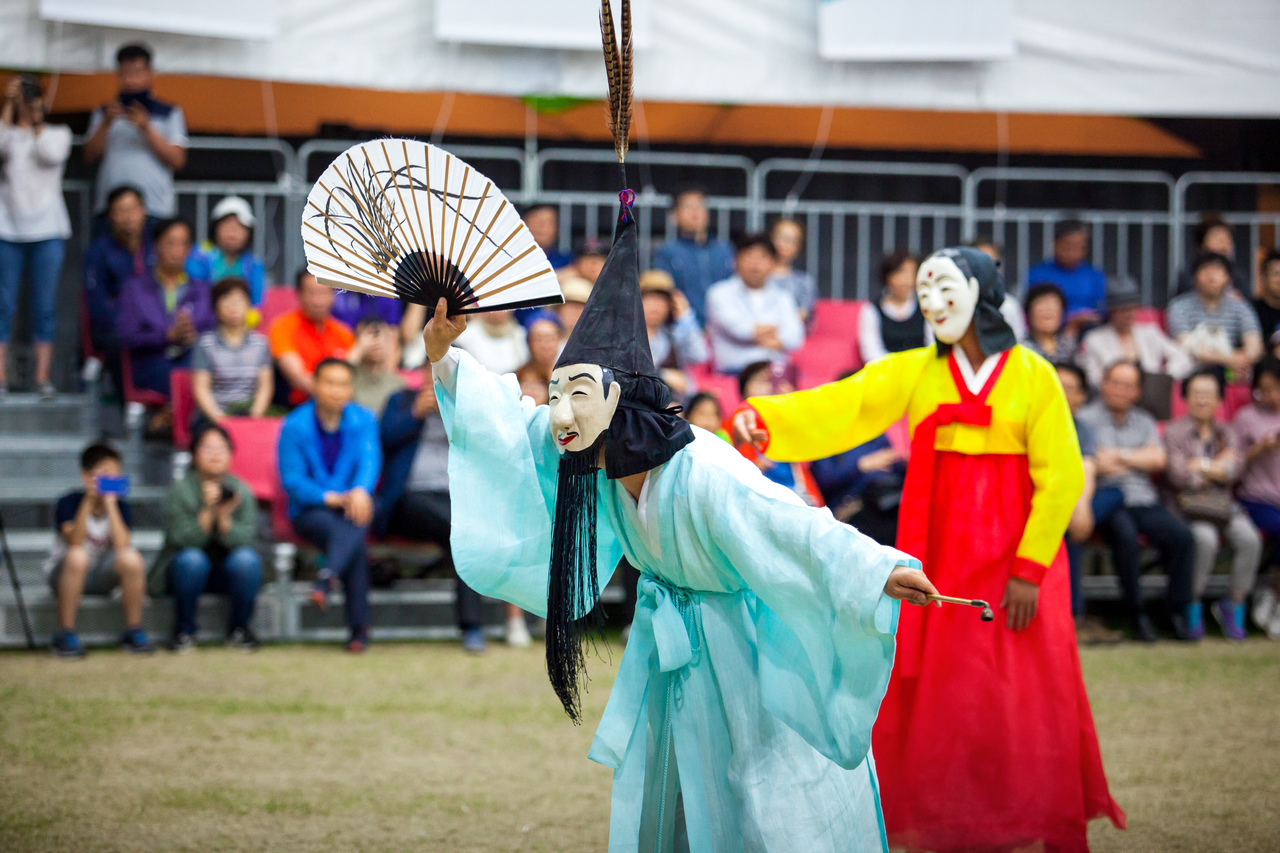
Are you curious about the rich culture and traditions of South Korea? Then you have to check out their holidays and festivals! These events provide a unique glimpse into the customs and practices of the Korean people, and they play an important role in preserving and promoting traditional Korean culture.
Korean holidays and festivals come in all shapes and sizes, from national holidays to regional events. Some of the most notable celebrations include Lunar New Year (Seollal), Chuseok (Korean Thanksgiving), and Independence Day (March 1st Movement). Regional festivals like the Boryeong Mud Festival, Pusan International Film Festival, and Andong Mask Dance Festival are also not to be missed.

So, why are these holidays and festivals so important? They serve several purposes, including preserving traditional culture, showcasing Korean culture to the world, and boosting the economy through tourism. Holidays provide a chance for Koreans to experience and pass on traditional customs, and they help strengthen family ties. Festivals like the Pusan International Film Festival promote cultural exchange, and the tourism industry is a major part of the Korean economy, with holidays and festivals attracting visitors from around the world.
In conclusion, Korean holidays and festivals are a must-see for anyone interested in Korean culture. They offer a unique opportunity to experience the rich traditions and customs of the Korean people, and they play an important role in preserving traditional culture and promoting it to the world. So why not add a few to your calendar and immerse yourself in this fascinating culture?
Here are some of the major Korean holidays and their dates:
- New Year's Day (January 1st)
- Lunar New Year (Seollal) - typically falls between late January and mid-February
- Independence Day (March 1st)
- Memorial Day (June 6th)
- Constitution Day (July 17th)
- Liberation Day (August 15th)
- National Foundation Day (October 3rd)
- Chuseok (Korean Thanksgiving) - typically falls in September or October
- Christmas Day (December 25th)
Note: These dates may vary slightly based on the Lunar calendar used in Korea.




댓글